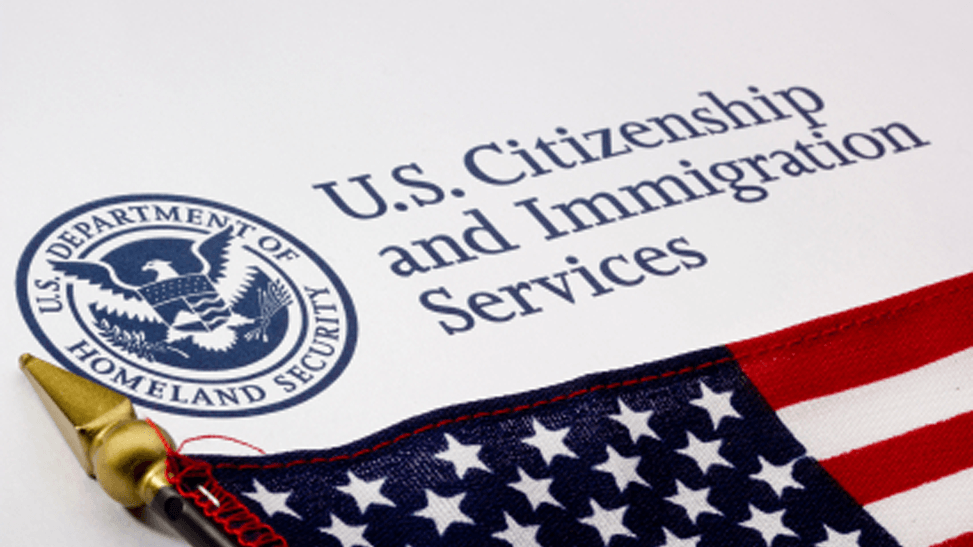U.S. Birthright Citizenship: The new Trump Order and its Legal Challenges
On January 20, 2025, President Donald Trump signed an executive order titled "Protecting the Meaning and Value of American Citizenship," which aims to end birthright citizenship for certain children born in the United States. This order specifically targets children born to mothers who are either unlawfully present or temporarily in the U.S. on visas, such as student, work, or tourist visas, if the father is neither a U.S. citizen nor a lawful permanent resident. Under this new policy, these children will no longer be granted automatic U.S. citizenship. The order is set to take effect 30 days from its signing and applies only to births occurring after that period, meaning it does not retroactively affect children born before the effective date.
This executive order challenges the long-standing interpretation of the 14th Amendment of the U.S. Constitution, which guarantees citizenship to all individuals born on American soil. The amendment states, "All persons born or naturalized in the United States, and subject to the jurisdiction thereof, are citizens of the United States and of the State wherein they reside." For over a century, this provision has been understood to grant citizenship to most individuals born in the U.S., regardless of their parents' immigration status.
In response to the executive order, immigrant rights advocacy groups, including the American Civil Liberties Union (ACLU), have filed lawsuits challenging its constitutionality. They argue that the order violates the clear mandate of the 14th Amendment and undermines fundamental American values. Legal experts anticipate that this issue will be contested in courts, with the potential for the order to be blocked or overturned.
On January 23, 2025, a federal judge in Seattle issued a temporary restraining order (TRO), effectively blocking the executive order from taking effect for the next 14 days. The court cited potential constitutional violations and the need for further legal briefings before any enforcement could proceed. This ruling provides temporary relief to affected families and signals the likelihood of a prolonged legal battle. Further hearings are scheduled to determine whether the order will be permanently blocked or allowed to proceed.
For families affected by this order, there is growing concern about the potential challenges their children may face without U.S. citizenship. Access to essential services, education, and employment opportunities could become more difficult for those impacted. However, it is important to remain hopeful, as the legal system provides checks and balances to ensure that any executive action aligns with constitutional principles. Historically, similar attempts to restrict birthright citizenship have faced significant legal challenges and have not been upheld.
If you or someone you know may be impacted by this executive order, staying informed and understanding your rights is crucial. At Santos Lloyd Law Firm, P.C., our trusted immigration attorneys are available to provide guidance and support during this uncertain time, please contact us if you need assistance.
This blog is not intended to be legal advice and nothing here should be construed as establishing an attorney client relationship. Please schedule a consultation with an immigration attorney before acting on any information read here.
Angelica Rice
Similar Posts










